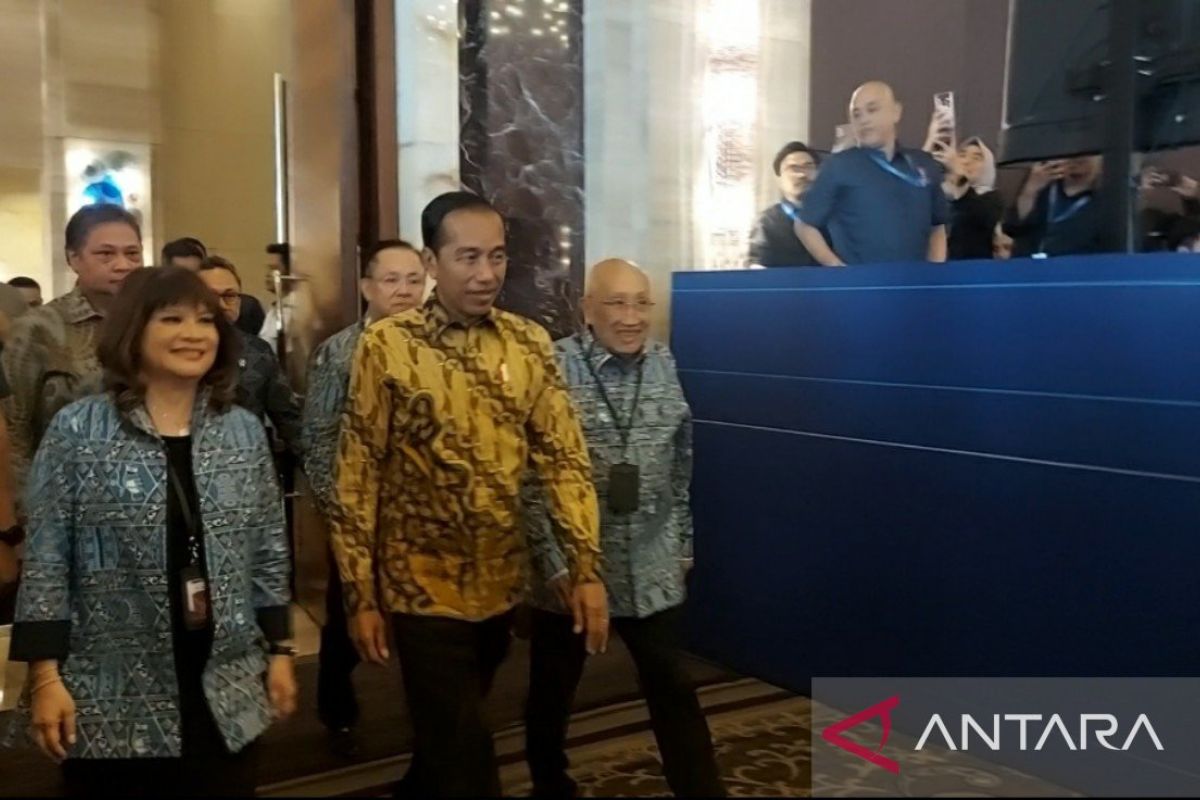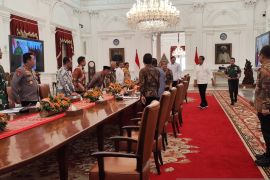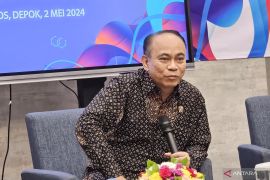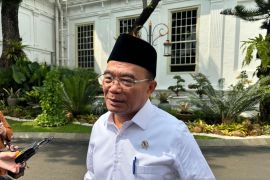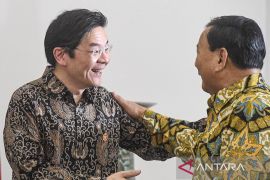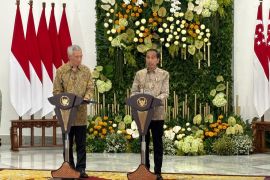The head of state made the statement while attending the inauguration ceremony of the national leadership council of the Indonesian Entrepreneurs Association (Apindo) in Jakarta on Monday.
"Prior to the downstream policy, the economic growth rate in Southeast Sulawesi was recorded at 7.0–7.5 percent. Now, the rate has reached 15 percent. Meanwhile, in North Maluku, the rate was only 5.7 percent. After downstreaming, it has reached 23 percent," he highlighted.
President Widodo expressed the belief that the aggregate of national economic growth would reach a remarkable rate if all provinces in Indonesia record a similar trend.
Furthermore, he emphasized that Indonesia would be able to become a developed country by fulfilling two conditions: optimizing its demographic bonus to develop human resource quality and implementing the downstream policy in various industries.
The government has been downstreaming nickel, which has resulted in an increase in the employment rate in Southeast Sulawesi and North Maluku.
According to the President, downstreaming efforts have significantly increased the absorption of nickel processing workers from 1,800 people to 71,500 in Southeast Sulawesi and from merely 500 people to 45,600 in North Maluku.
He also affirmed that the efforts have pushed the country to optimize its nickel reserves by producing processed products, thereby increasing the mineral's value from Rp31 trillion (around US$2 billion) to Rp510 trillion (US$33.8 billion) in total.
President Widodo then stressed that the government will apply the policy to other minerals, including copper, bauxite, and tin.
"We will even expand the policy implementation to non-mineral sectors, such as agriculture and fishery. Based on our calculation, such a step will help MSMEs (micro, small, and medium enterprises), farmers, and fishers produce value-added products," he said.
He then highlighted the fact that Indonesia is the world's largest coconut producer with at least 4.1 million families making a living as coconut farmers, and the world's second-largest seaweed producer with 63 thousand families carrying out seaweed farming.
By downstreaming the two commodities, farmers will be able to produce more products with higher added value, which, in turn, will multiply the profits generated, he added.
"All parties, including Apindo, should start thinking of finding a way to export many more commodities in a processed form. Furthermore, banks should also start considering providing funds for downstreaming efforts in the fields I have mentioned," he stressed.
Related news: Local govt involvement expected in commodity downstreaming: Minister
Related news: Indonesia open to working with PNG in mineral downstreaming: Widodo
Related news: Indonesia urges IMF not to interfere with downstreaming policy
Translator: Rangga Pandu, Tegar Nurfitra
Editor: Azis Kurmala
Copyright © ANTARA 2023
